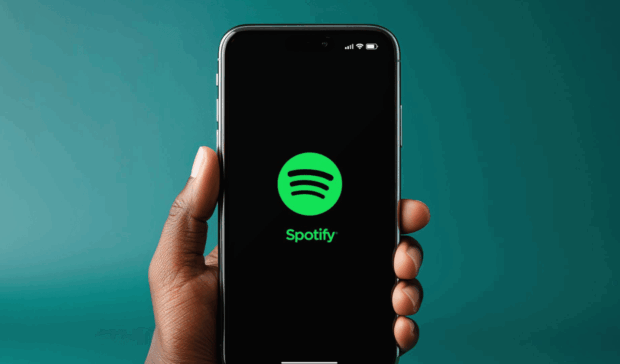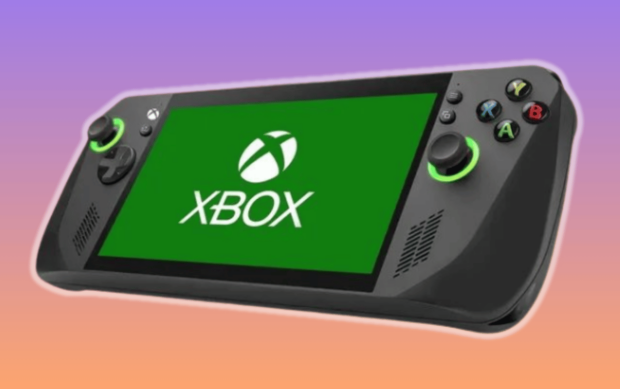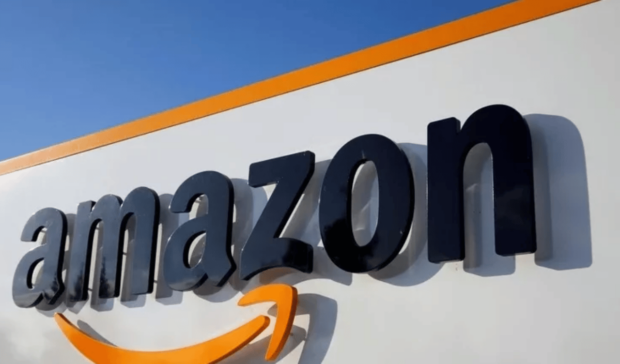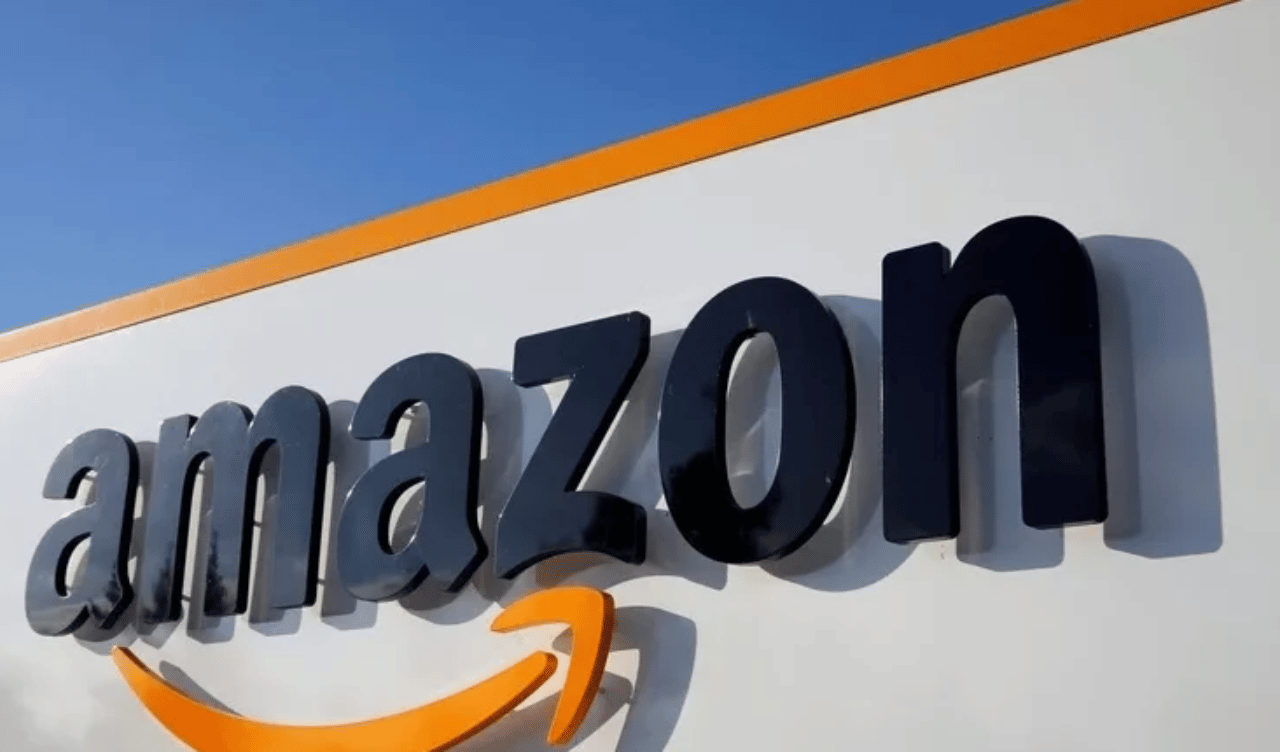
Amazon recently confirmed the Amazon Android AppStore shutdown, and the news shocked many users. Once viewed as an alternative to Google Play, the store will stop working on Android devices after August 20, 2025. Apps may no longer update, some may stop working, and Amazon Coins will also disappear. If you have ever used the Amazon AppStore or bought apps with Amazon Coins, this change will affect you directly.
The Announcement of the Amazon Android AppStore Shutdown
Amazon set clear deadlines for the closure.
- Developers cannot submit new apps for Android devices.
- Updates remain possible until August 20, 2025.
- After that date, apps downloaded from the store may stop functioning.
- Amazon Coins will no longer work, and customers can request refunds for unused balances.
This shutdown affects only Android mobile devices. Fire Tablets, Fire TV, and Fire TV built-in products will continue to support the AppStore.
Why Amazon Decided to Shut Down the AppStore
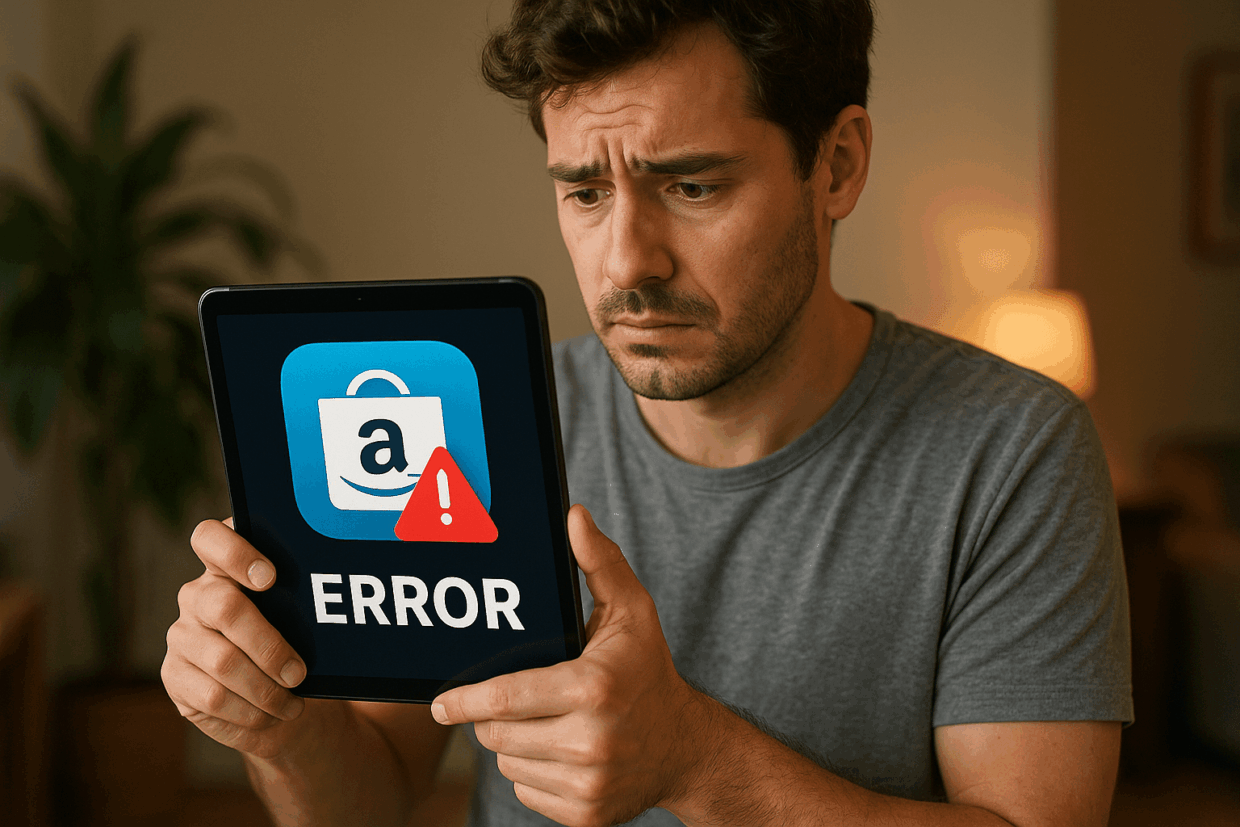
Several reasons explain the Amazon Android AppStore shutdown.
- Low adoption – The store never gained strong traction outside Amazon’s hardware. Most users stayed loyal to Google Play.
- High cost, low return – Running a separate store required constant maintenance, updates, and security checks. The results did not justify the expense.
- Focus on Fire OS – Amazon wants to concentrate on devices it controls, such as Fire Tablets and Fire TV.
- Amazon Coins decline – The company already ended its virtual currency program. That move showed it was winding down Android support.
- Strong competition – Competing against Google Play proved too difficult, given its dominance on Android.
Impact on Developers and Consumers
The Amazon Android AppStore shutdown carries implications for both those who build apps and those who use them — here’s what you need to know.
| Stakeholder | What Changes/Challenges Arise |
|---|---|
| Consumers / Android Users | • Apps downloaded via Amazon AppStore may stop working properly after August 20. • In-app purchases or subscriptions made via Amazon Coins might be affected; users are urged to check balances. • Any unused Amazon Coins will be refunded. • Discoverability of apps via Amazon AppStore on Android will cease for new apps. • Need to move to Google Play or other “different app store for android” alternatives. |
| Developers | • After February 20, 2025, cannot submit new apps targeting Android via AppStore. • Updates to existing apps remain possible until August 20, 2025. • Apps may no longer be maintained or updated after the shutdown — potential for breakage or compatibility issues. • Losing revenue streams associated with Amazon Coins, Amazon’s promotions tied to Android devices. • Need to focus on Google Play or adapt apps to Fire OS directly if targeting Amazon hardware. |
Also, for both users and developers, there’s potential loss of “app store apk” backups, concerns around security updates, and general disruption for those who depended on Amazon’s store for “app store applications” outside Google’s ecosystem.
What Alternatives Are Available Now
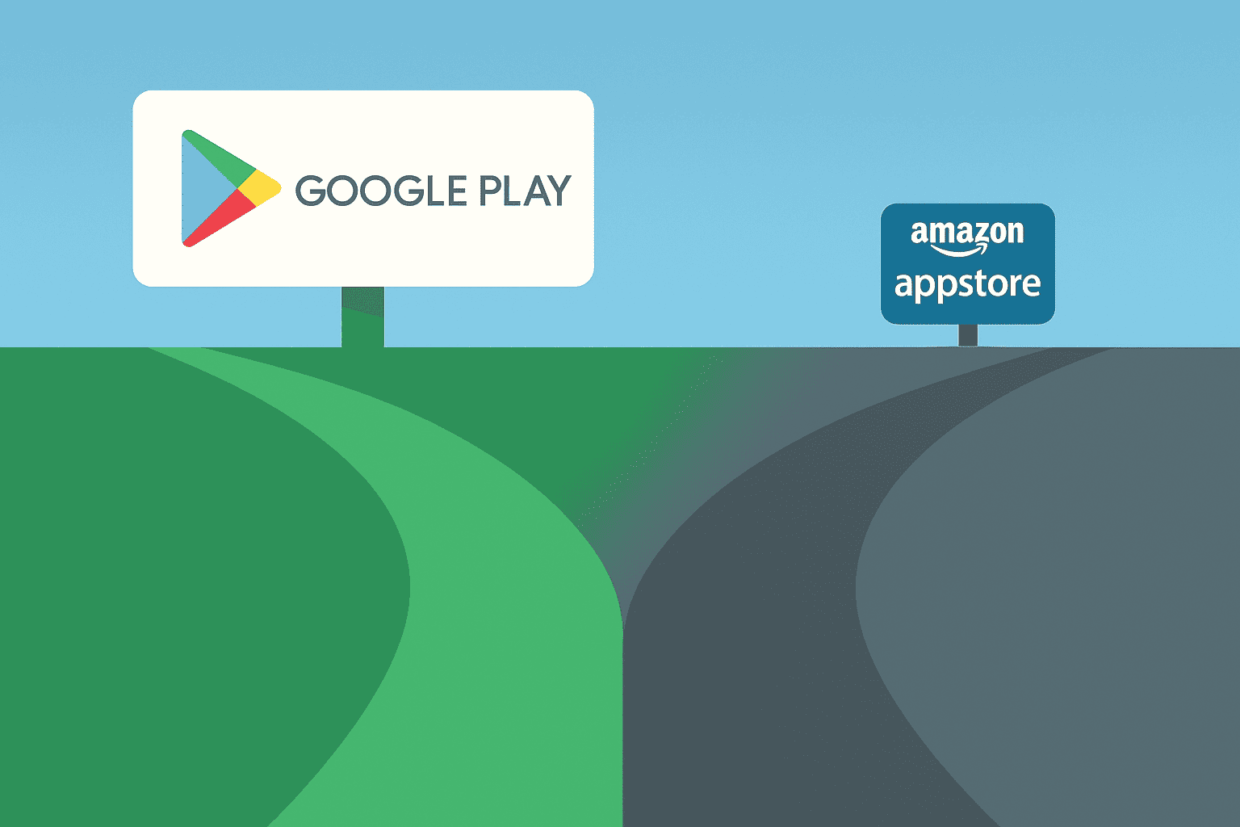
If you’re affected by the Amazon Android AppStore shutdown, here are paths forward, both for consumers and developers.
- Google Play Store
The most obvious alternative. It remains the default for most Android users. Offers broad app availability, in-app purchases, and strong security/privacy support. - Other Third-Party Android Stores / Marketplaces
There are “list of android app stores” such as Samsung Galaxy Store, Huawei AppGallery, APKMirror, etc. But there are trade-offs: security, app vetting, updates, and trust differ among them. Ensure you use trusted sources when downloading apps or APKs. - Fire OS & Amazon Fire devices
If your usage is heavily tied to Amazon’s ecosystem (Fire Tablet, Fire TV, etc.), these platforms will continue to support the Amazon AppStore. So developers can still target those devices and users can continue using apps there. - Switching devices or ecosystems
For some users, this might be a nudge to move fully into ecosystems with more support— Android devices that rely on Google Play, or other hardware that guarantees app availability and updates. - Back up essential apps/data
If you have apps installed from Amazon AppStore (Android), it may be wise to back up relevant APKs, offload game saves, or export data before August 20, 2025, in case apps stop working or are no longer updated.
What This Means for Amazon’s Future in Mobile Apps
This shutdown is more than just closing a channel; it likely signals Amazon’s strategic shifts in multiple areas.
- Refocusing on owned hardware ecosystems: By removing support for Android devices not under its control, Amazon can consolidate its resources, security, updates, and monetization around Fire OS / Fire Tablets / Fire TV, where it has tighter integration and margin potential.
- Reducing complexity & cost: Managing multiple OS variants, Android device fragmentation, app compatibilities, Amazon Coins across many regions — all of this is more complex than maintaining the store on fewer, controlled platforms. The shutdown likely reflects that Amazon sees declining ROI on the Android side.
- Potential for new platforms or strategies: Amazon may invest more in content, streaming, Freevee, its media services, or perhaps even explore new models (subscriptions, cloud streaming) rather than trying to maintain its own Android app store competition.
- Lessons for digital ecosystems: For users, this is a reminder that digital ownership depends on corporate support. Even big companies can “go on apps down app store” routes. For developers, dependence on third-party or less dominant stores poses risks.
- Signals about competition with Google: This move reduces friction for Google Play, and reflects how difficult it is to dislodge or even meaningfully compete in the Android app distribution market when Google has the OS, the default store, the trust, and massive reach.
Conclusion
The Amazon Android AppStore shutdown marks a significant moment in mobile app history. Having once positioned itself as a viable alternative to Google Play, Amazon is now choosing to pull back from that ambition for standard Android devices. While Fire OS devices, Fire Tablets, and Fire TV remain unaffected, Android users and developers must plan ahead: check for unused Amazon Coins, back up apps, and migrate to more stable ecosystems.
This transition matters because it reveals where Amazon believes its strengths lie— in owning hardware, content, and platforms it can fully control. For developers, consumers, and digital strategists, this is another reminder that dependability of app stores is not just about downloads, but about long-term support, security, and sustainability.
FAQs
1. Why did Amazon shut down its Android AppStore?
Amazon cited low engagement on regular Android devices, high cost of maintaining support and the Amazon Coins program, and a strategic shift toward focusing on its own hardware platforms (Fire OS devices). The Android AppStore’s performance and maintenance burden versus its returns appear to have driven this decision.
2. What happens to apps purchased from the AppStore?
Apps already downloaded from the Amazon AppStore on Android might continue to function for some time, but from August 20, 2025, they are not guaranteed to work correctly. Updates to these apps may cease. If you rely heavily on such apps, it’s best to move to alternatives or ensure backups where possible.
3. How will developers be impacted?
Developers will not be able to submit new Android-targeted apps to Amazon’s AppStore after February 20, 2025. Existing apps can get updates through August 20, 2025, but after that, Android support ends. Revenue streams tied to Amazon Coins or in-app purchases via that mechanism will be disrupted. Developers may need to shift focus to Google Play or target Amazon’s own platforms.
4. Will Amazon launch a new app platform?
As of the last announcements, Amazon has not revealed any new store-for-Android initiative. The move seems to be about sunset rather than pivot to a new Play-store-like platform. However, Amazon’s continued support for Fire devices suggests it will strengthen its app ecosystem where it owns both hardware and software. It’s possible Amazon will invest more into content, cloud, Freevee, or subscription-based models rather than competing in open Android app stores.
ALSO READ: Elon Musk’s xAI Unveils Grok-3 AI Chatbot




